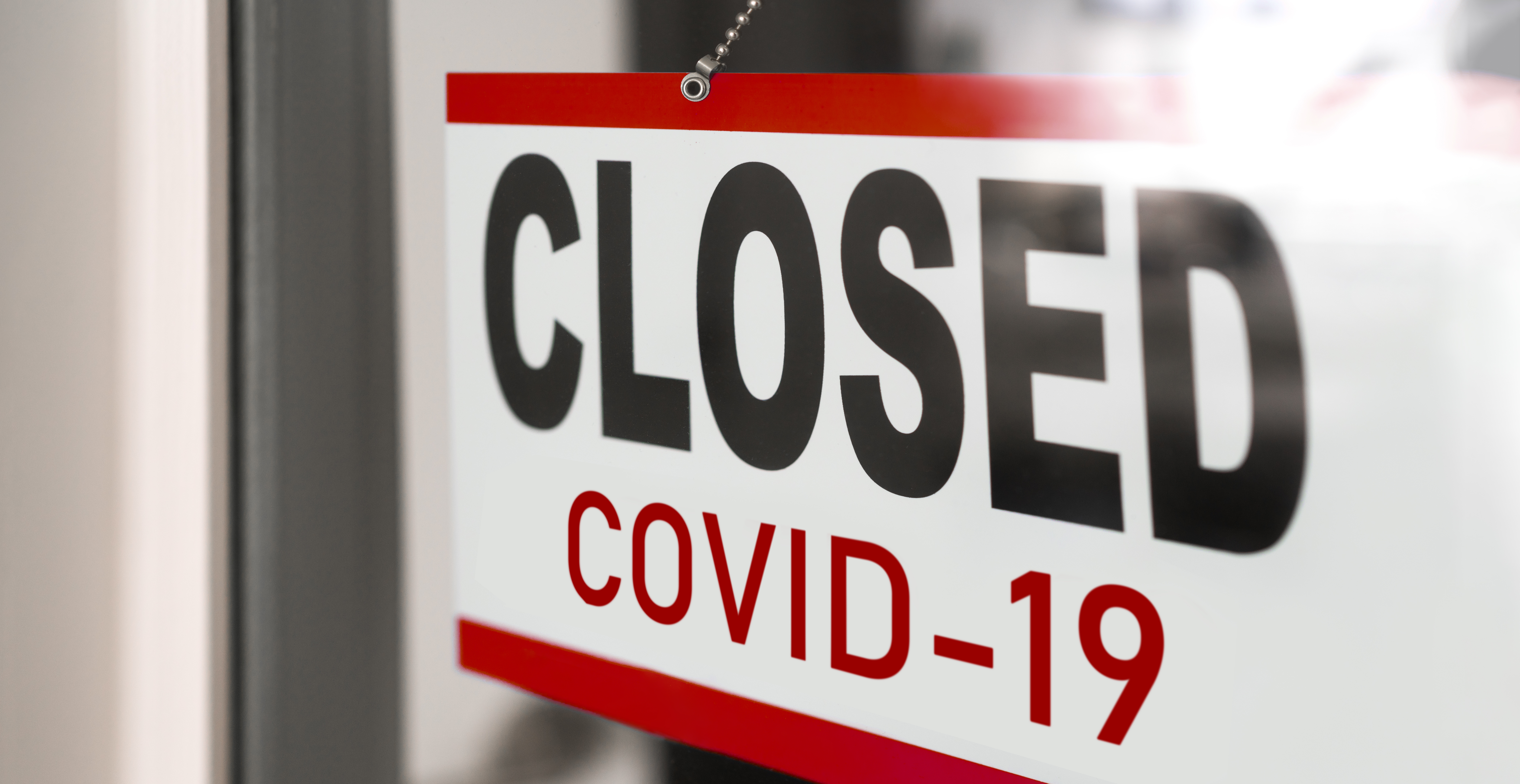The National Federation of Independent Business (NFIB), the nation’s leading small business advocacy organization, issued a “Legislative Plan for Small Business Survival,” that included ten prescriptive recommendations they claim would help ensure more small businesses survive the coronavirus crisis and more quickly return to normal business operations once restrictions are lessened.
“Small businesses, which account for half of the American economy and nearly half of all jobs, are fighting for their survival every day that this crisis continues,” said NFIB President Brad Close. “Efforts by the Administration and Congress, while well-intentioned, have been met with significant challenges to this point. There are lessons to be learned, however, and this plan provides several clear and actionable steps for Congress to take that will help give small businesses a fighting chance.”
The plan includes recommendations for improving the Paycheck Protection Program and Economic Injury Disaster Loan program, ending costly mandates, and making regulatory compliance simpler. These recommendations include: Extend Paycheck Protection Program and Make Sure the Smallest Employers Get Help; Increase flexibility for forgivable loan terms in the Paycheck Protection Program; Prohibit Discrimination Against Small Employers in the Paycheck Protection Program; End the Costly COVID-19 Mandates on Small Businesses for Paid Sick Leave and Extended Family and Medical Leave on May 31, 2020; Fully Fund the COVID-19 Economic Injury Disaster Loan Program and Improve the Related Grant Program; Recognize the Limits to the Ability of Small Businesses to Learn of and Comply with Laws and Regulations; Tapered Transition Out of Programs After COVID-19 No Longer Represents a Significant Threat to Public Health; Narrowly-tailor Any New Requirements Related to the Reopening to Account for the Realities of Different Industries and Business Sizes; and Require Each Agency to Conduct a Regulatory Look-Back Review.
“As Congress debates the next steps for providing funding for small businesses, it is crucial they do it in a manner that truly aids the smaller firms in this country,” Close said. “These are the ones that faced the most challenges accessing PPP and disaster loans, something we can’t afford to let happen again.”
“It is critical that Congress address the concerns of small business owners immediately,” said NFIB Alabama State Director Rosemary Elebash. “Our members are frustrated that funding for the Paycheck Protection Program has dried up. We ask that Congress support Alabama’s and America’s job creators.”
The CARES Act provided loans through the Small Business Administration’s Payroll Protection Program to small businesses. If the loans were used to make payroll and pay other business overhead bills they would be forgiven. The PPP was enormously popular with small business owners. On Friday, April 10 Democrats in the Senate rejected a proposal by Senate Majority Leader Mitch McConnell (R-Kentucky) to add $250 million to the PPP program. The fund ran out of money on Thursday. Small business owners whose loans were being processed will not get their funds and new applications are being denied. Speaker of the House Nancy Pelosi (D-California) is still negotiating with U.S. Treasury Secretary Steve Mnuchin on a more comprehensive bill.
Senator Doug Jones (D-Alabama) joined Senators: Mark Warner (D-Virginia), Bernie Sanders (I-Vermont), and Richard Blumenthal (D-Connecticut) in proposing a more complex substitute plan, the Paycheck Security Act, on Friday.
“While we’re taking drastic steps to ensure the health and safety of the American people, we must also keep our hard-hit small businesses and their employees financially secure. The Paycheck Security Act will put existing infrastructure to work to help companies maintain payroll while cutting the red tape that’s slowing down relief to the American workers who need it most,” Senator Jones said. “Folks on both sides of the aisle agree we have to do more at the federal level to help small businesses and their employees, especially as it appears we’ll have a slow, staggered process to get folks back to work. This proposal is a creative solution that we can be implemented quickly to help businesses and workers in Alabama and across the country.”
22 million Americans have filed for unemployment in the last three weeks alone. Many businesses have not received any sales since early March. Accounts receivables are not coming from many of their customers. The forced economic shutdown in 42 states will likely not be lifted until May 1. A number of states will not make that deadline. Virginia’s Governor has already extended his state’s lockdown through June 1. New York and New Jersey similarly are unlikely to reopen before summer. Where states are allowing businesses to reopen it will be following a three phase staggered approach. Businesses like bars may not open for weeks or months and many will struggle to operate with the new six foot social distancing requirements. It may be a while before many businesses are back to profitability. Meanwhile savings and emergency funds are rapidly diminishing and lines of credit are difficult or impossible to add. There are growing fears of this becoming a protracted recession.
According to the NFIB, for more than 75 years, NFIB has been advocating on behalf of America’s small and independent business owners, both in Washington, D.C., and in all 50 state capitals. NFIB is nonprofit, nonpartisan, and member-driven. Since our founding in 1943, NFIB has been exclusively dedicated to small and independent businesses, and remains so today. For more information, please visit nfib.com.
As of press time 40,569 Americans have died from COVID-19.



















































